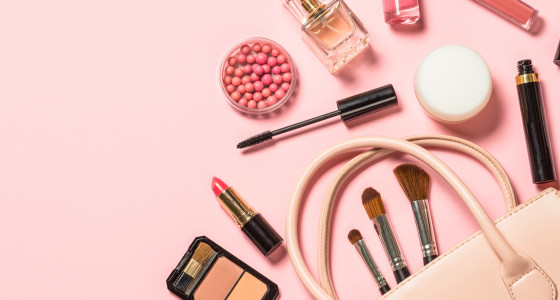
- 2 in 5 men and women believe it costs more to be a woman because of the ‘pink tax’
- The majority of survey respondents believe it costs more to be a woman because women are under more pressure to consume than their male counterparts ( female and 41% male)
- 14% of female respondents believe that life being more expensive as a woman is a key barrier women experience when saving for retirement, compared to 9% of male respondents
Analysis from leading online pension provider, PensionBee, reveals the impact the ‘pink tax’ has on women’s finances, and their ability to save for retirement.
PensionBee recently surveyed c.1,000 British savers to understand their views on how we can create a more inclusive pension system.
When asked to rank eight barriers and challenges that women experience when saving for retirement, 14% of female respondents ranked life being more expensive as a woman in first place, compared to just 9% of men. Other options included the gender pay gap and women’s tendency to cut down paid working hours to take on unpaid caring responsibilities.
PensionBee also found that women being under more pressure to consume was considered to be the main reason why it costs more to be a woman, with of female respondents and 41% of male respondents in agreement.
Around 2 in 5 women and 1 in 3 men stated that it costs more to be a woman because of the ‘pink tax’, which refers to the tendency for feminine-branded products to be more expensive than those marketed towards men.
Despite the ‘tampon tax’ being abolished at the start of 2021 in the UK (1), many female marketed products remain more expensive. A 2015 survey from VoucherCodesPro.co.uk estimated that people who have periods could spend £,450 on ‘period related’ products - including pain killers, replacement underwear and even chocolate - over their lifetime (2). Similarly, 2021 analysis from Red magazine found that a number of products, across everything from clothing to personal care, are 3 more expensive for women (3).
Romi Savova, CEO at PensionBee, commented: “Our survey highlights the discrimination women face when it comes to purchasing essential items, and the impact that societal pressure to spend can have on our finances. From more expensive shampoo and haircuts to clothes and even dry cleaning, these costs add up over a lifetime and significantly impact women’s ability to build long-term savings.
It is wholly unacceptable that in 2022 women and girls continue to pay more than men for basic products. Consumer brands must urgently review their pricing strategies and make the necessary changes, whether that’s reducing the cost of goods aimed solely at women, or creating gender neutral products. In order to improve pension savings rates among women we must stop penalising them at every turn and abolish the ‘pink tax’ once and for all.”
Appendix
Table 1: 1st place rankings of the barriers and challenges that women experience when saving for retirement
Source: PensionBee, January 2021. Survey respondents: 960. Numbers have been rounded.
Table 2: Reasons why it costs more to be a woman
Source: PensionBee, January 2021. Survey respondents: 960. Numbers have been rounded.
Footnotes











